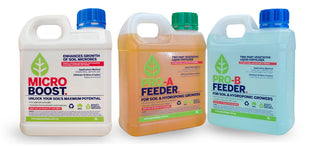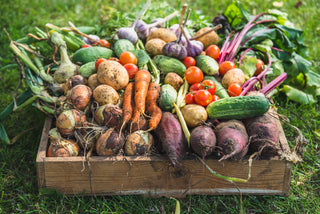No-till vegetable cultivation is an agricultural approach that involves preserving the soil's natural composition by keeping it undisturbed and retaining plant residues on the field surface. Rather than relying on plowing or tilling, farmers resort to using specialised equipment to form tiny perforations or slits in the soil to deposit seeds.
The purpose of this method is to minimise the loss of soil due to erosion and lessen soil compaction, while simultaneously promoting soil health and reducing the reliance on chemical supplements. The objective of no-till vegetable cultivation is to maintain the integrity of the soil's structure and enhance its organic constituents, which can lead to greater water retention ability, nutrient accessibility, and overall plant fitness.
By leaving the soil undisturbed, the microbial community can flourish and foster a wholesome ecological environment. No-till vegetable farming is a demanding process, particularly during the initial stages, as it necessitates the utilisation of specific equipment and techniques. Nonetheless, numerous cultivators have found this practice to be successful and have observed a significant enhancement in crop yields and the overall well-being of the soil.




